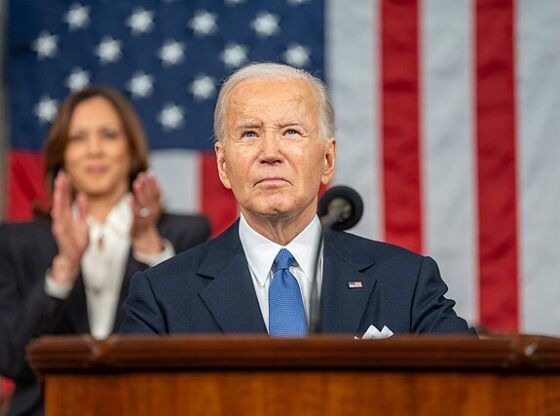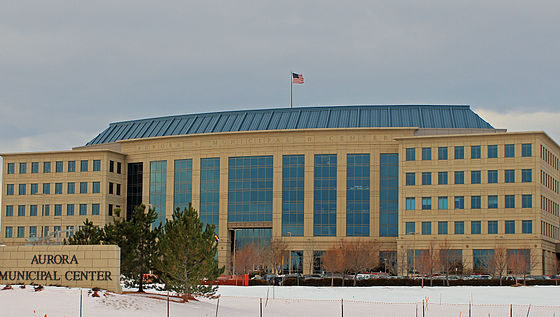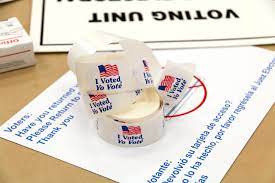On April 14, senior Jess Davidson of Fort Collins was honored as an It’s On Us White House Champion of Change at a ceremony presided over by Vice President Joe Biden. Davidson was nominated for her work addressing sexual assault on college campuses, specifically DU.
The “It’s On Us” campaign was created in September 2014 and seeks to engage college students and all members of campus communities in preventing sexual assault. It has reached students at over 500 schools in 48 states, and works with both community members and celebrities to support survivors and change the culture around sexual assault.
During her time at DU, Davidson has pushed for and accomplished many advances toward changing both policy and culture surrounding sexual assault on campus.
At DU, as vice president of undergraduate student government, Davidson was part of mandating BOSS training for clubs and organizations on campus and institutionalizing the Student Coalition for the Eradication of Sexual Assault. She’s also involved in various pending pieces of on-campus policy and programming, including changing DU’s verbal consent policy to an affirmative “yes,” creating a walk-home program for freshmen during orientation week, creating Greek chapter liaisons, including Title IX and Title IV information on course syllabi and creating a sexual assault resource team. On a national level, she helped organize a coalition of student body presidents and vice presidents to sign a letter opposing the Safe Campus and Fair Campus Acts and had an article detailing her experience with sexual assault published in the Huffington Post.
“I didn’t really think about sexual assault before I left for abroad [in the fall of 2014]. However, by the time I returned, the campus culture surrounding the issue had changed and people had begun to talk about it and, soon after I returned to campus, it happened to me,” said Davidson. “I tried to look at the event not necessarily as an isolated, singular event in my life, but as an event that was indicative of larger issues. The media often tries to look for the perfect victim that was drugged or attacked by a stranger that pops out of the bushes, but this isn’t often the case. There are a lot of prevalent myths about what campus rape looks like. By sharing my story with others, particularly with my article in the Huffington Post, I wanted to create a space to talk about the grey area of sexual assault and for survivors to lead the discussion.”
Being named a Champion of Change, Davidson was able to take a trip to Washington D.C. with her family and best friend from April 13-17. During this trip, she was part of a round table discussion with the nine other It’s On Us Champions of Change and top policy makers in the Obama administration, met with Vice President Biden, spoke with Colorado Senator Mark Bennett (and got him to co-sponsor the Campus Accountability and Safety Act) and was able to attend the book launch of “We Believe You” by Annie Clark and Andrea Pino, two activists on campus sexual assault prominently featured in the popular documentary, “The Hunting Ground.”
“It was great to be able to speak with the other students nominated for the award because sexual assault prevention and advocacy requires so many levels of action and this group of ten each represented different pieces of that and created a really holistic picture of what successful action against sexual assault looks like,” said Davidson.
However, Davidson also asserts that, although she is very honored by the recognition, she wants to call attention to others who have been instrumental in helping her.
“SCESA, CAPE, the Women’s Council, Title IX, the DU administration and USG have all been incredibly supportive and helpful in making these steps against sexual assault on campus. If we’re gonna end rape on campus, it truly takes a village, and it’s on all of us,” said Davidson.
“It’s also important to remember that activism doesn’t have to be writing proposals and enacting policy and talking to the chancellor. One of the most powerful things you can do is just to believe and support survivors. We have lots of events on campus put on by CAPE, SCESA and other organizations to inform people about these issues. Educate yourself about rape myths and other fallacies that can permeate discussions about rape on college campuses, which can take only ten minutes online. And if a person comes to you about being sexually assaulted [most people first come to their friends and roommates before anyone else], the most important thing you can do is tell them that you believe them, support them and that they are not alone.”











